FAT to FIT Season 2: Part 13Most Important PartConsistency and dietary commitment are by far the most important factors in losing weight and keeping it off. The research data is extremely clear; if you cannot sustain the methods you used to lose weight, then the...
FAT to FIT
How Long-term Weight Loss REALLY WORKS? || FAT to FIT Season 2: Part 13
FAT to FIT Season 2: Part 13How Long-term Weight Loss REALLY WORKS?Behavior & LifestyleCalorie DeficitExercise: Strength Training & CardioProtein & Fiber IntakeCarbs & Fat MacrosSupplementsThese are the 6 Levels of things that you need to be mindful of...
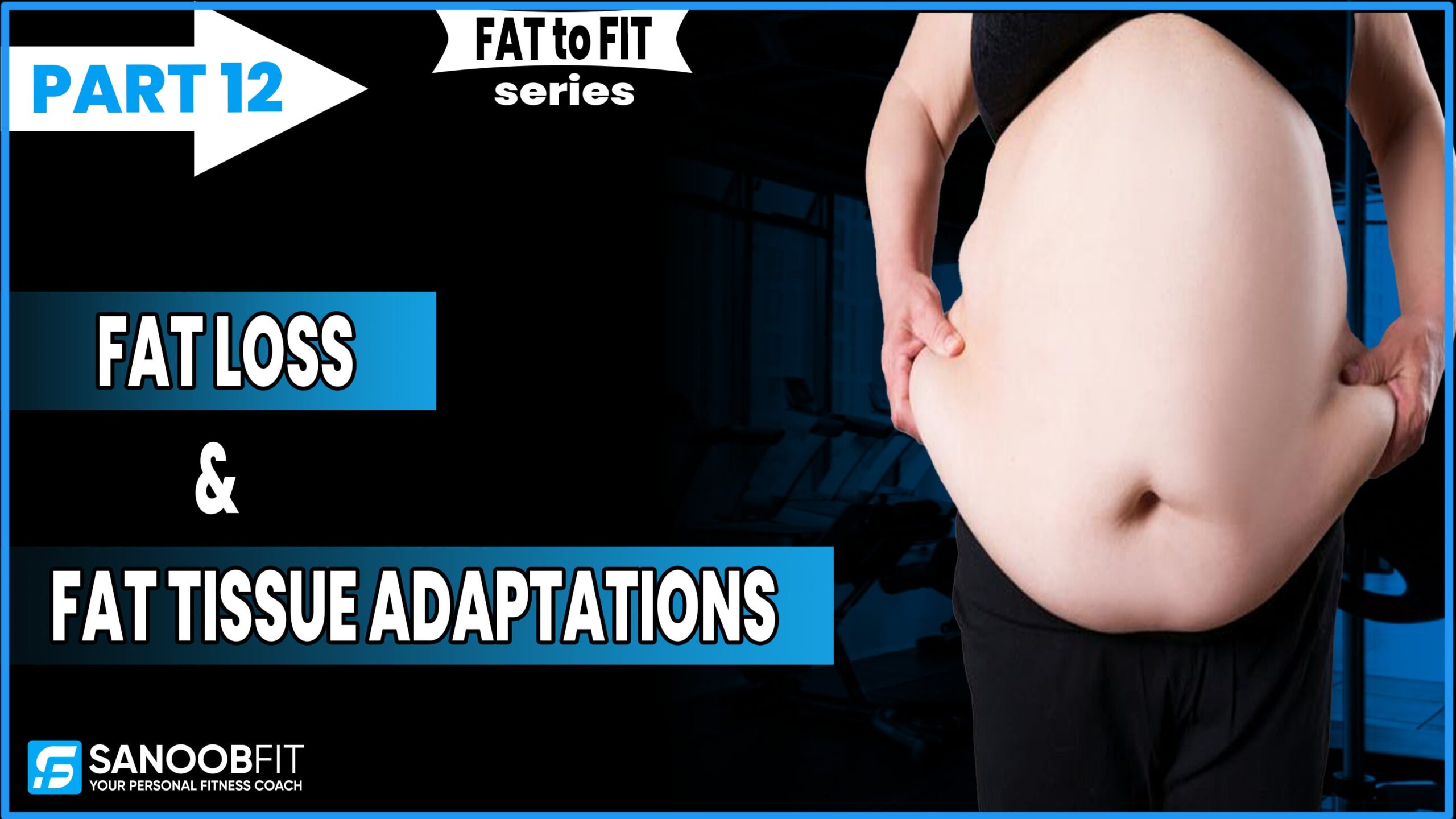
FAT LOSS & FAT TISSUE ADAPTATIONS || FAT to FIT Part 12
FAT LOSS & FAT TISSUE ADAPTATIONS(Adipose) Fat Tissue AdaptationsThe adaptations that occur within the Fat tissue in response to weight loss and caloric restriction are perhaps the most fascinating of all. It was long believed that Fat tissue was a biologically...
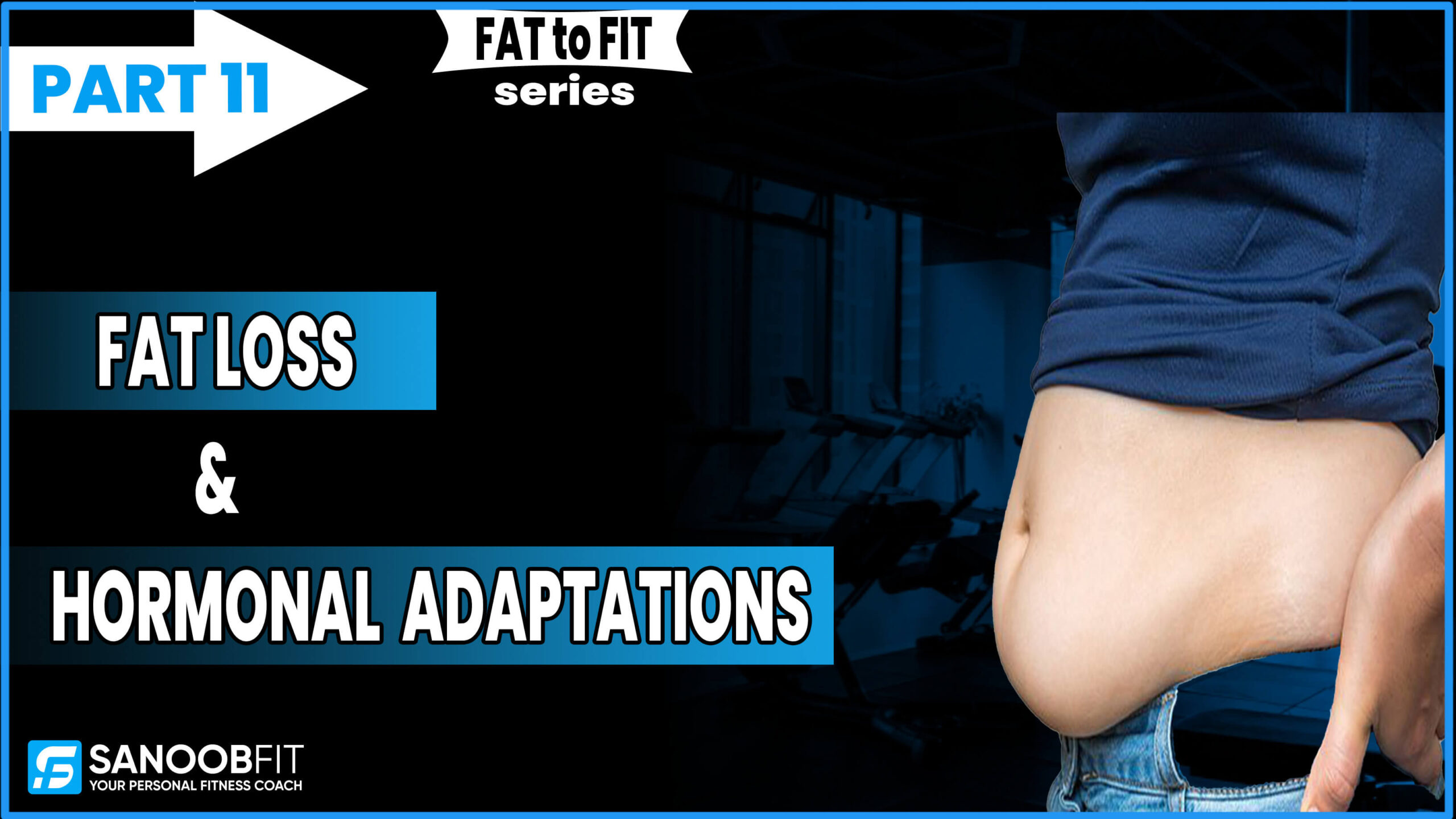
Fat Loss & Hormonal Adaptations : Fat to Fit Part 11
FAT LOSS & Hormonal Adaptations While adaptations to weight loss and low-calorie dieting happen on a grand scale, they also occur on the smallest cellular level. During low-calorie dieting and weight loss, the body adapts by increasing mitochondrial efficiency so...
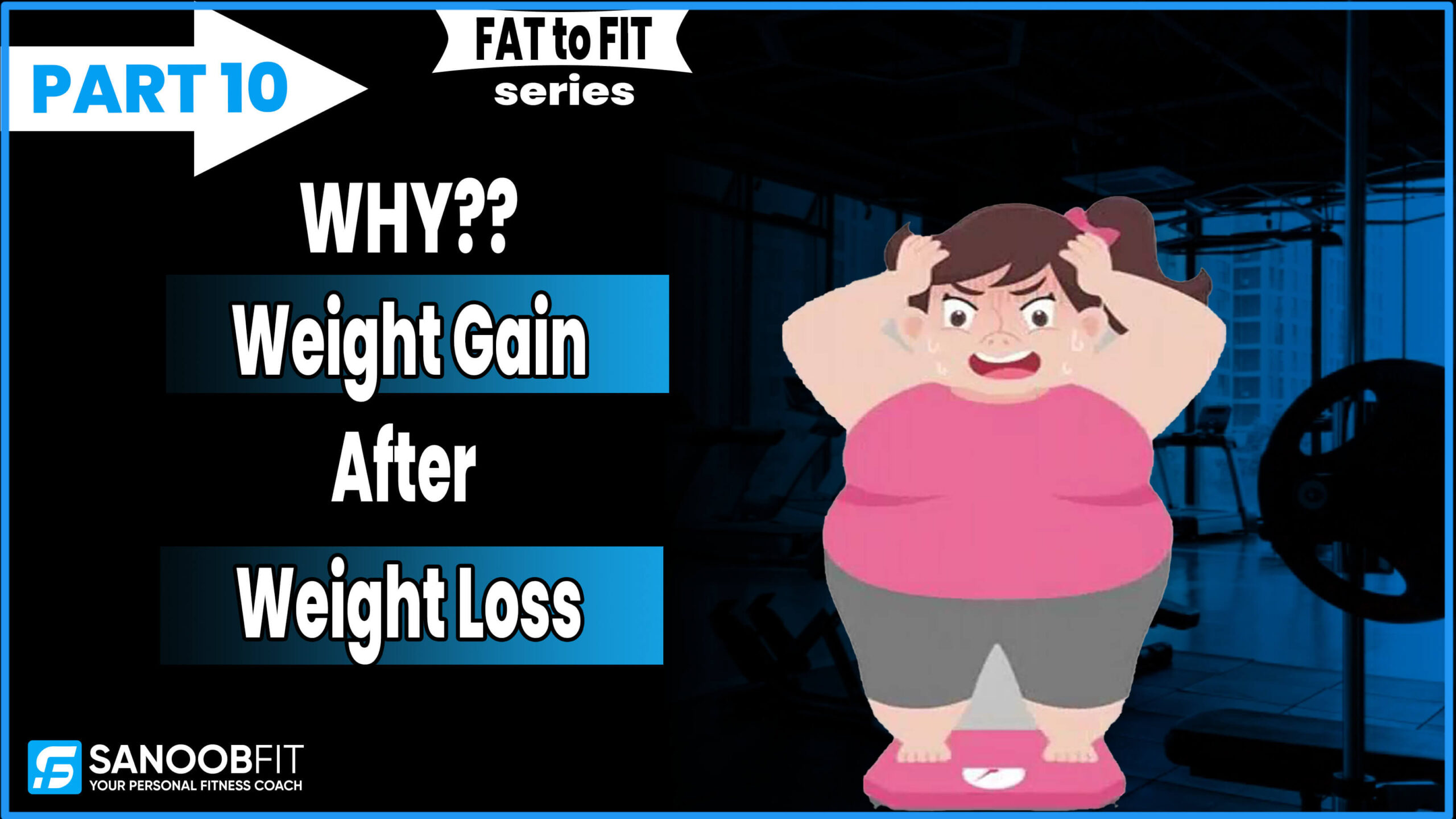
Weight Gain after Weight Loss : Fat to Fit Part 10
Why do people Re-gain the weight After their WeightLoss? In my previous blogs, I had explained why the body defends against weight loss and favors weight regain after weight loss—and why it makes sense from an evolutionary standpoint. This “self-defense system,” as I...

CICO vs Carb Insulin Model Theory FAT to FIT Part 9
The low carb/keto followers have gone as far as to say that you can gain fat while in a caloric deficit if you are eating carbohydrates because insulin drives obesity, not calories. This rotates around the carbohydrate-insulin theory of obesity whereby insulin (a...
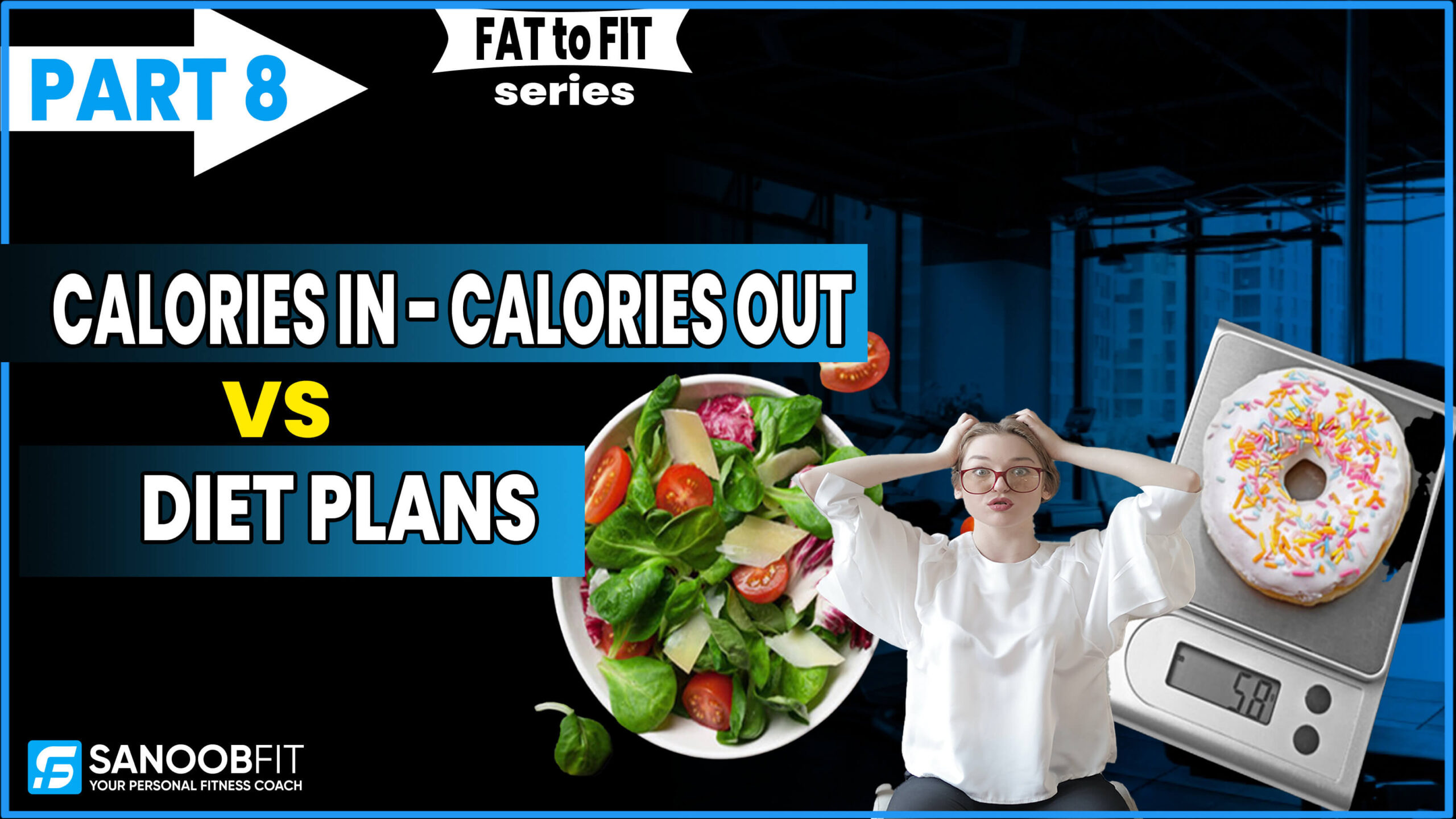
CALORIES IN vs CALORIES OUT & DIET PLANS: FAT to FIT Part 8
If you consume a high-fat, low-carb diet, you will burn a lot of fat, because of course your carb intake is low and insulin secretion which is related to less carb intake will also be low. which increases the rate of lipolysis and fat oxidation (burning). That’s why...
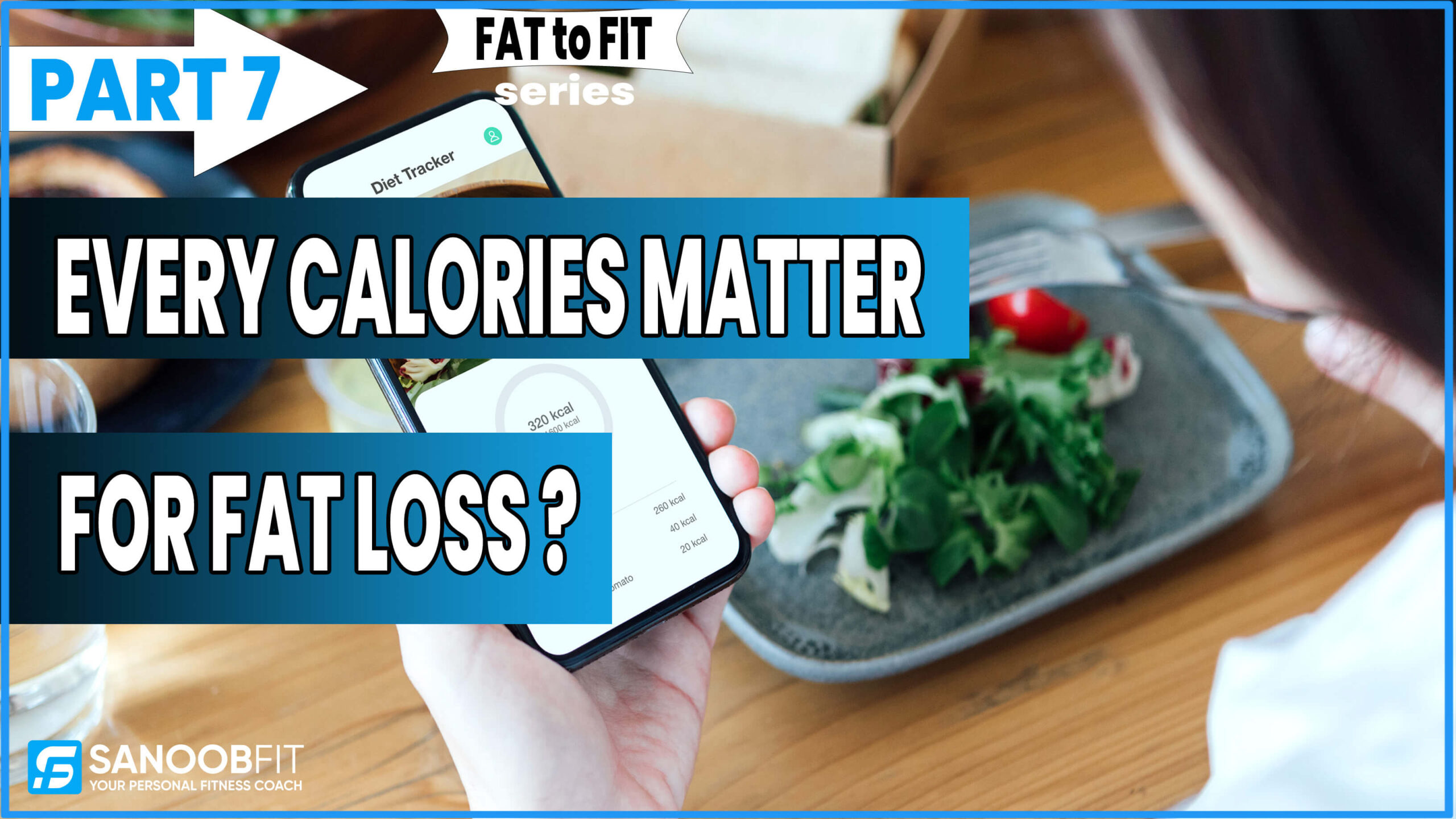
EVERY CALORIES MATTERS : FAT to FIT series Part 7
What are calories? Is a calorie something you burn? Well, calories are quite literally energy. Like, literally energy. You can’t see them under a microscope, they aren’t a molecule that has a structure, and they don’t have a chemical name. Calories refer to the energy...
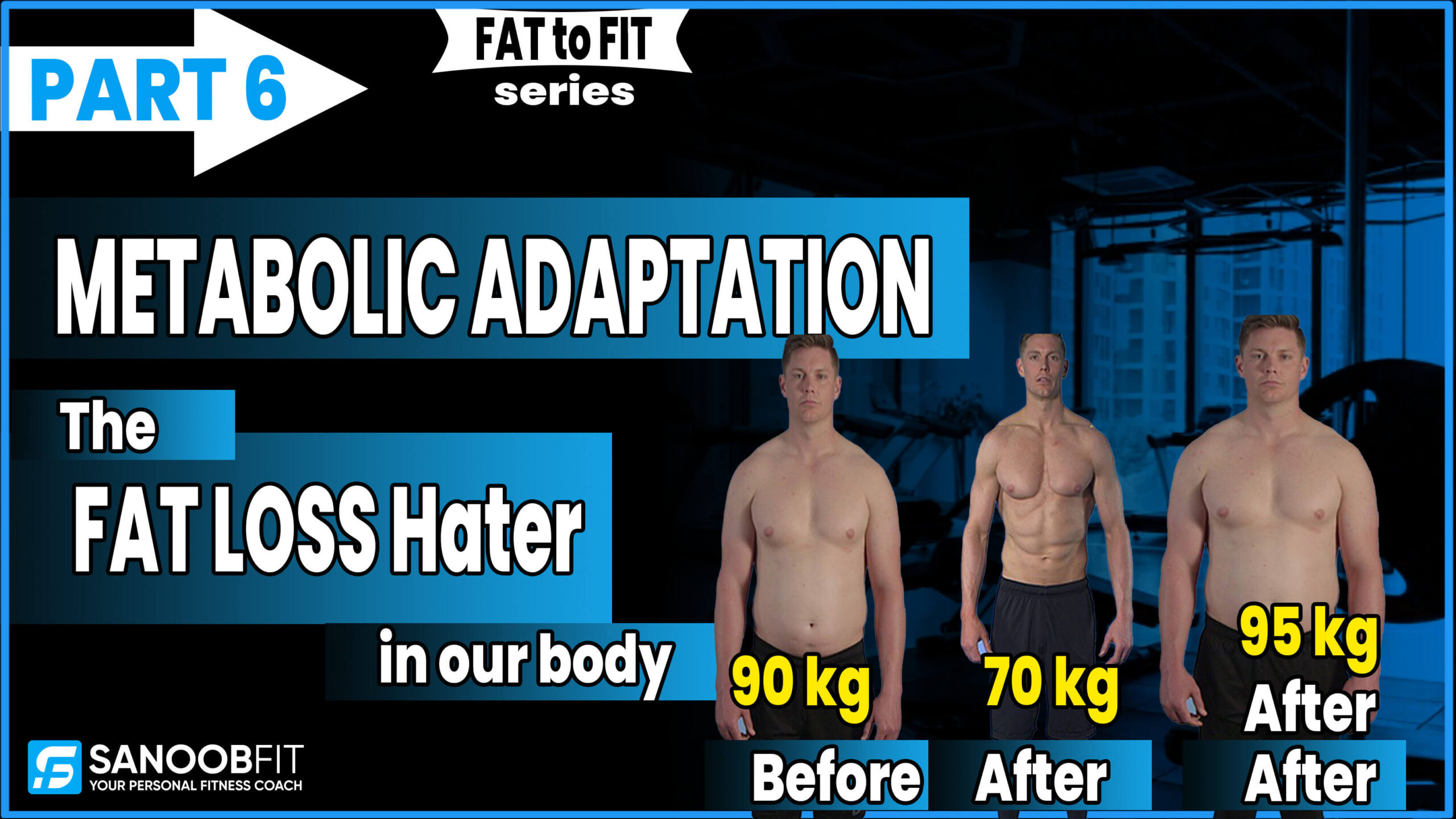
Metabolic Adaptation: FAT LOSS Defender : FAT to FIT Series Part 6
It all comes down to calories. If you burn more calories than you take in, you lose weight. If you take in more calories than you burn, you gain weight. This is one of the immutable laws of thermodynamics and is commonly referred to as CICO or Calories In, Calories...
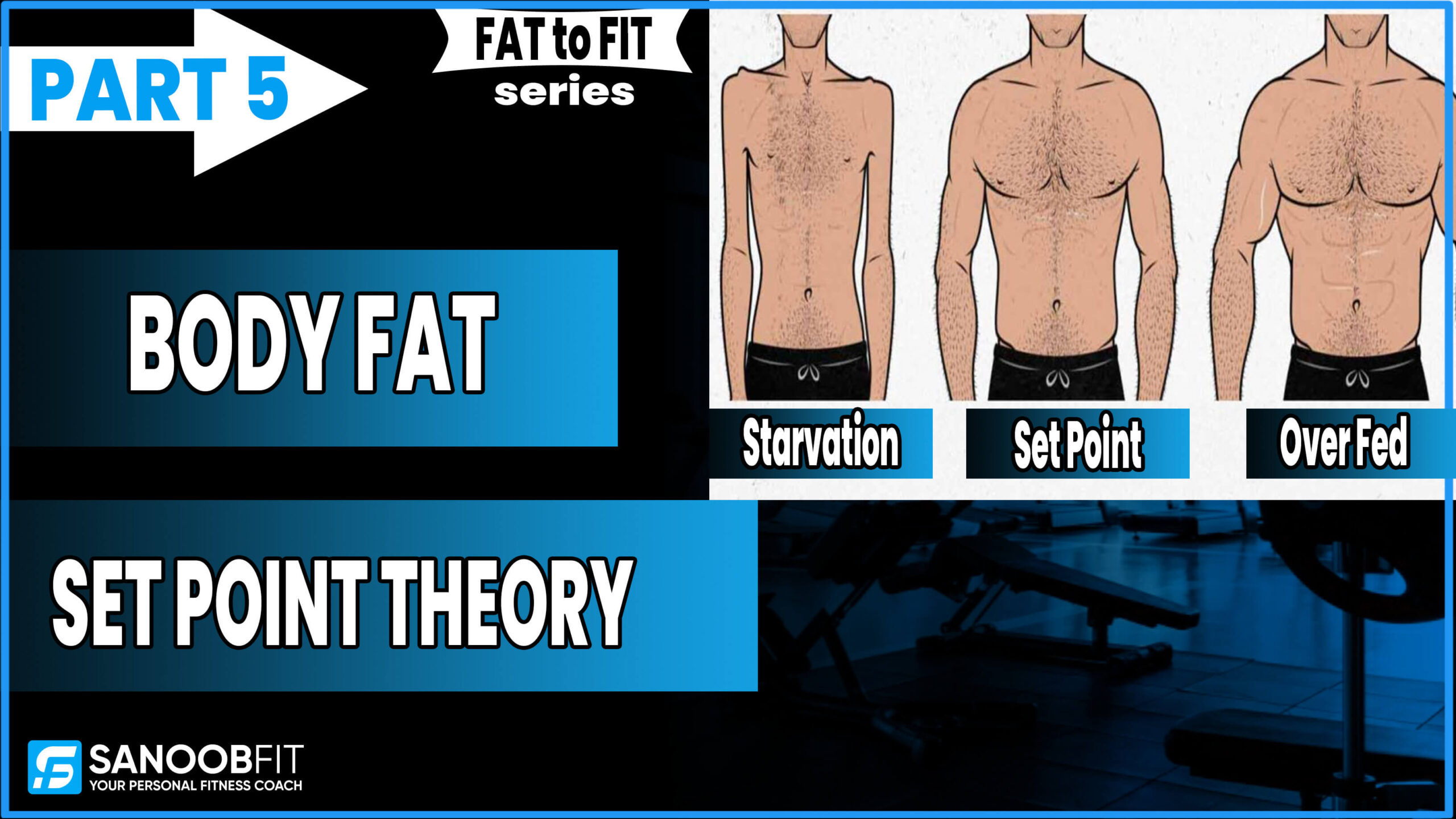
Body Fat Set Point Theory :FAT to FIT series Part 5
Body Fat set point theory is a widely accepted theory of metabolism. It suggests that each individual person has a level of body fat where their body naturally sits, and the body defends that level in an attempt to maintain it. Everyone has a different set point, as...